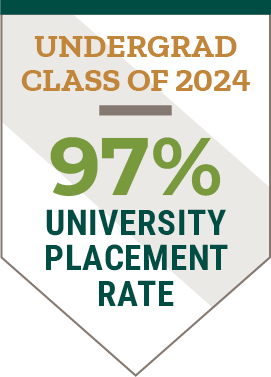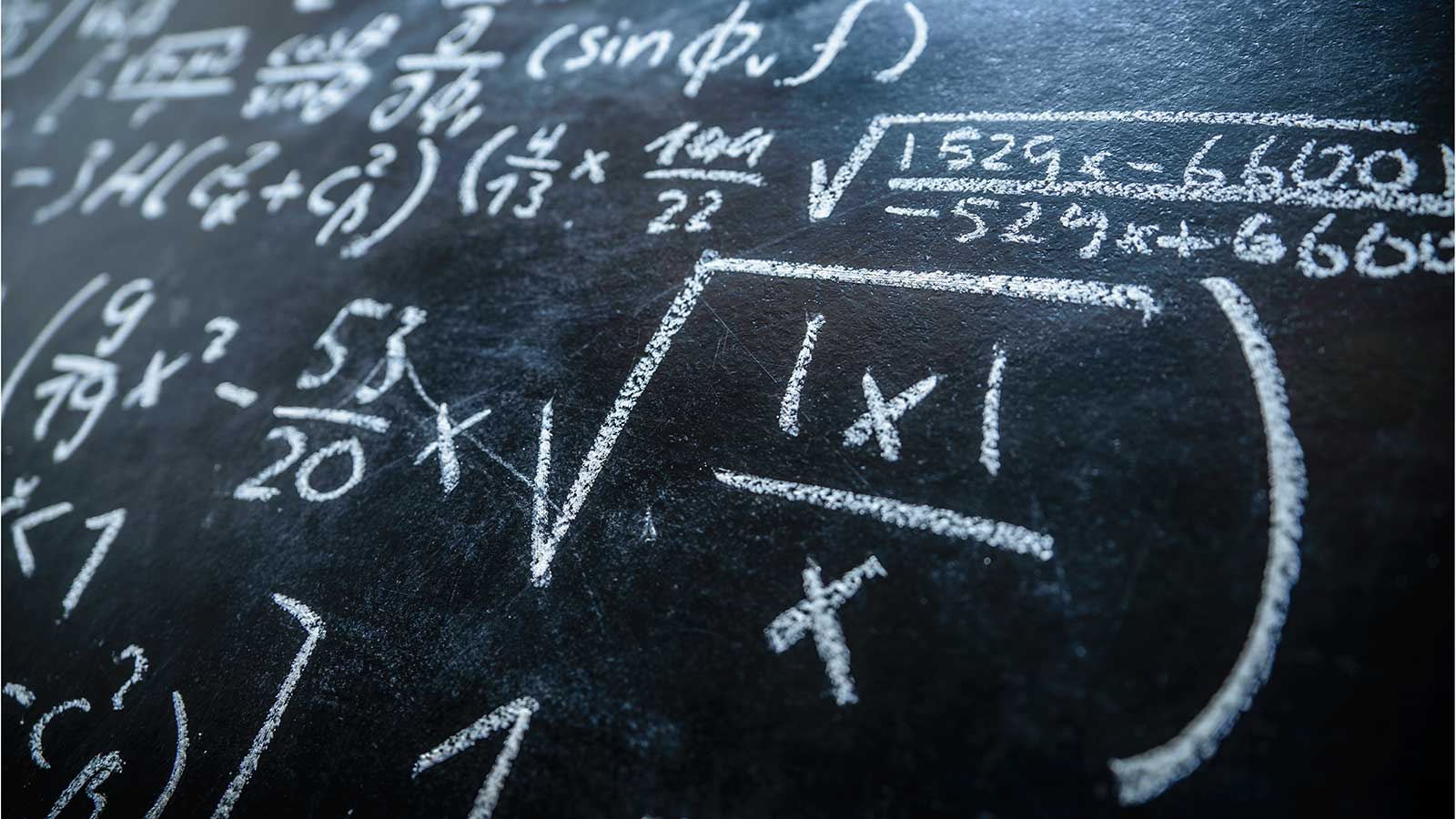
Power Our World Through Innovation
In today's digital age, electricity keeps the world running. Electrical engineers design everything from the nation’s power grid to the microchips inside our cellphones. Graduates of Clarkson University's Bachelor of Science in Electrical Engineering program can find work in virtually every industry. You'll find competitive salaries, the chance to work in a variety of sectors and the opportunity to be at the forefront of today's innovations.





